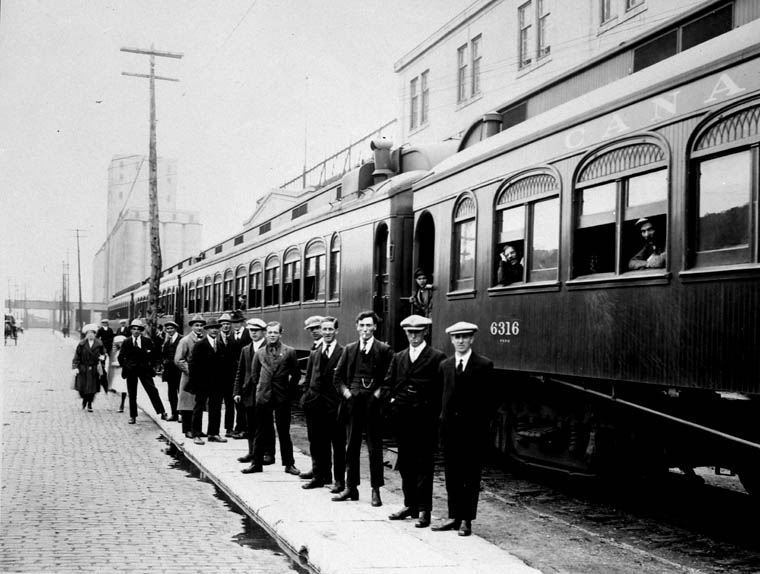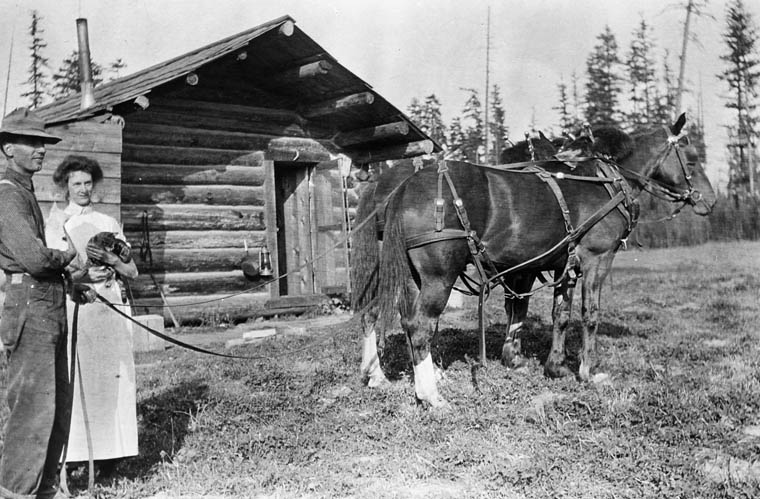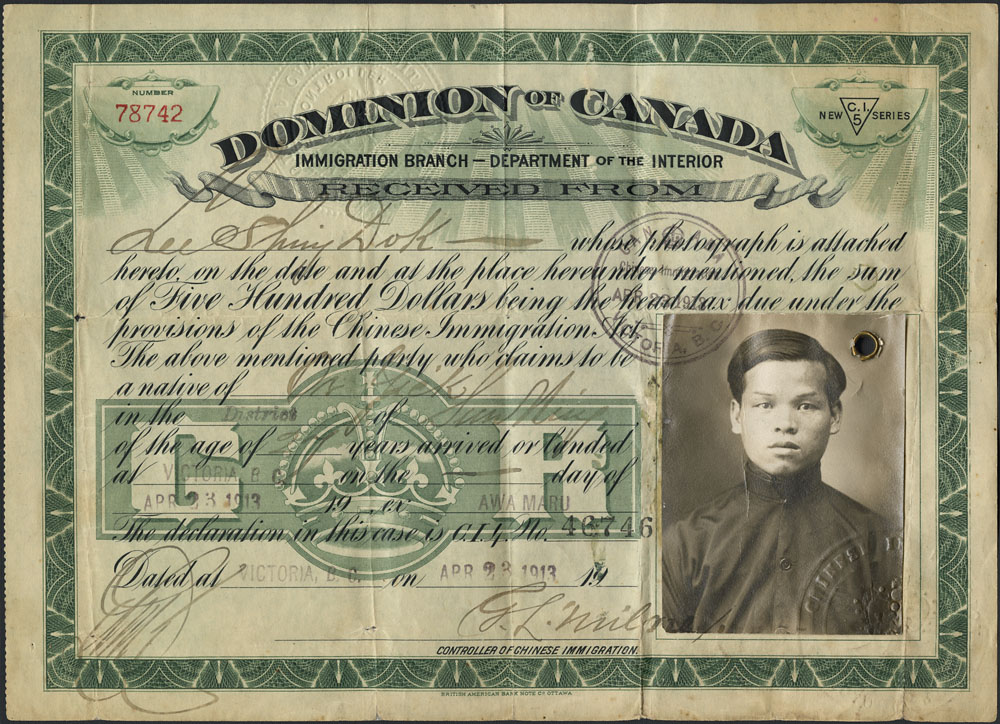
Upcoming history course explores immigration, colonialism and self identity in Canada
By Matty Hume, November 5 2018 —
The Department of History at the University of Calgary is offering a course that ties into the post-secondary journey of self discovery — but from a uniquely Canadian perspective. HTST 340: “Ethnicity, Race and Immigration in Canada,” is an exploration of identities, both individual and collective, according to course instructor and creator Paul Stortz.
“It’s really important to offer this course because it talks about individuals and it talks about … how all the characteristics in ethnicity and race enter into people’s consciousness,” Stortz said.
Stortz is the head of Canadian Studies at the U of C Department of History. HTST 340 was last offered in 2016 and is based on Stortz’s expertise as a historian in multiculturalism, cultural theory and theories of history. However, the half-credit course is directed to a much broader audience than intellectual historians, according to Stortz.
“It’s accessible and interdisciplinary in the sense that people in Canada, as individuals and as citizens, should be aware of some of these issues about how racism can be so horribly destructive and how racism has played a part, unfortunately, in Canadian history,” he said. “[People should be aware of] how people have been disempowered and voiceless in particular ways and how immigration works historically.”

The course spans from early waves of 18th-century immigration up to the 21st century. According to Stortz, the course focuses on developing an understanding of its title in addition to specific events.
“Really, all three terms are socially constructed, but race is in particular,” Stortz said. “There’s no huge consensus of what race is all about, so we really get into the definitions of race. Same with ethnicity and immigration — they’re socially constructed concepts but they’re also activities in a sense.”
He added that in a Canadian context, these concepts cannot be discussed without discussing colonialism.
“Postcolonialism is very important, because many people would suggest that from 1945 onwards we’re in a postcolonial world. I would disagree,” Stortz said. “It hasn’t really ended, it’s just changed. We talk about the Foucauldian power structures and how everybody is colonized in a particular way. I strongly believe in that.”

HTST 340 will be offered in the upcoming winter semester. For more information, visit the Department of History on the sixth floor of the Social Sciences building.
“It really deals with who Canada is, what Canada is and who you are as a Canadian,” Stortz said. “Where did we come from? Not so much geographically but in terms of who we are.”
